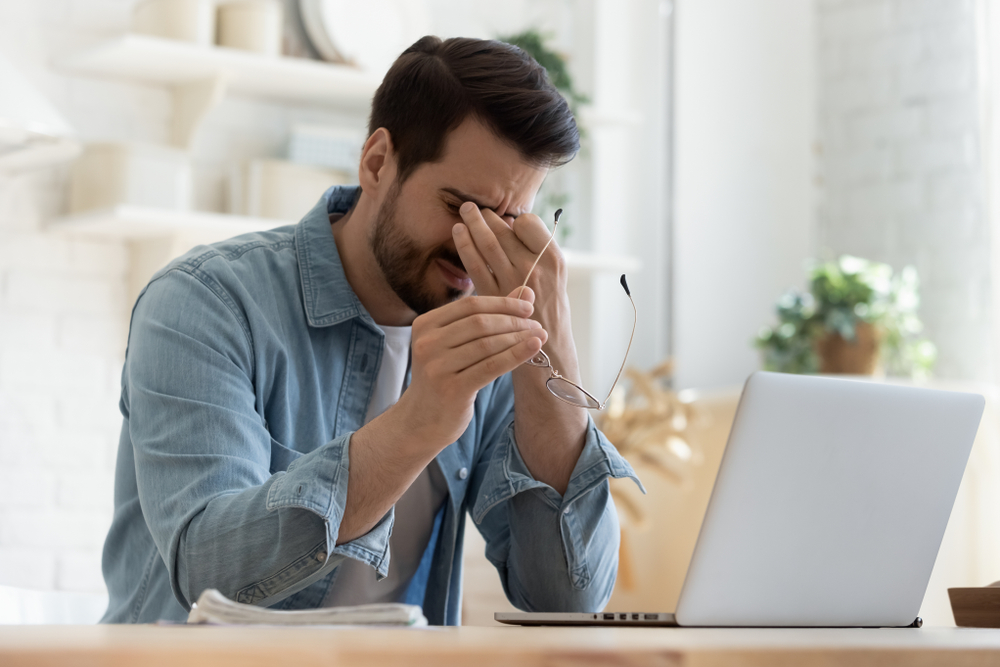Majority of workers do not receive any training at work, new study shows

66% of office workers in the UK don’t feel they’re given enough opportunities to progress in their current position.
1 in 4 (27%) office workers would also leave their current position if offered better opportunities for progression elsewhere, such as salary or seniority, a new nationwide survey reveals.
The Lunch and Learn Survey, from Just Eat for Business, asked the nation’s employees about their career outlook and aspirations, including how many opportunities for progression they’ve been given in their current role, and how they feel about job satisfaction overall.
For a quarter of those surveyed, a role that offered a better salary, increased responsibilities or a more advanced position would turn their head, as progression is a priority for them.
This is unsurprising given that for many employees, the pandemic highlighted the aspects of their working life that they’d like to improve, including work-life balance, salary, position, commuting time, personal development and career outlook, to name a few.
For those who would leave their current position, the most tempting factor came out as a better salary (29%), as well as improved work-life balance (24%) and more seniority (16%).
Salary is a key sticking point for many, with the survey also revealing that almost a third (29%) feel their wage isn’t representative of their skill level, and that they’re undervalued.
Not only is career progression beneficial when it comes to salary or seniority – it’s also linked to greater job satisfaction, boosted productivity, heightened drive and increased confidence.
As well as improving individual career outlook, progression and fostering opportunities for growth can benefit a company on the whole, as employees are more motivated to excel when clear incentives are available, and when career advancement is at the forefront.
Tom Baxter, Account Management Director at Just Eat for Business at Just Eat for Business, commented on the findings: “Career progression is an increasingly important aspect of work life for employees, particularly given the recent discussions around cost of living and people desiring a better work-life balance overall.
“Progression doesn’t always mean salary increases or promotions – the survey shows employees are just as keen to build upon their existing knowledge and enhance skills. Scheduling regular training, such as Lunch and Learns or catered workshops, is a great way to promote career development and increase employee interaction on a weekly basis.”
Other results detailed in the survey include whether workers feel supported by their partner or employer when it comes to progression, and what type of training they most often receive.






